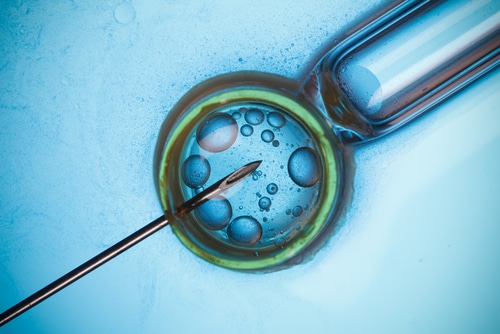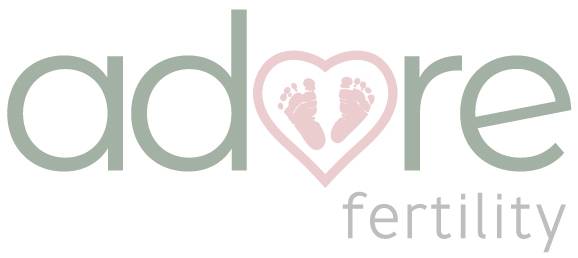
What Happens at a Fertility Clinic?
A fertility clinic is a specialized medical facility that helps people experiencing difficulty conceiving a child. These clinics offer a range of treatments and services to help patients achieve their goal of having a healthy baby. This blog will discuss what happens at a fertility clinic, from the initial consultation to the various treatment options.
Initial Consultation
The first step in seeking fertility treatment is to schedule an initial consultation with a fertility specialist. During this consultation, the specialist will review the medical history of the patient and their partner (if applicable) and may order some initial tests to help determine the underlying cause of infertility.
Medical Evaluation and Testing
The medical evaluation and testing process can vary depending on the individual circumstances of the patient. For women, the initial tests may include a pelvic exam, blood tests to check hormone levels, an ultrasound to evaluate the ovaries and uterus, and a hysterosalpingogram (HSG) to evaluate the fallopian tubes. For men, the initial tests may include a semen analysis to evaluate sperm count, motility, and morphology.
In some cases, further testing may be required to determine the cause of infertility. This may include additional blood tests, genetic testing, and imaging studies.
Treatment Options
Once the underlying cause of infertility has been determined, the fertility specialist will discuss the available treatment options with the patient. There are several different types of fertility treatments, including:
- Intrauterine Insemination (IUI)
IUI involves placing sperm directly into the uterus, which can increase the chances of conception. This procedure is often used in cases where the male partner has low sperm count or poor motility.
- In Vitro Fertilization (IVF)
IVF is a more complex procedure that involves retrieving eggs from the ovaries and fertilizing them with sperm in a laboratory setting. The resulting embryos are then transferred into the uterus. IVF is often used in cases where other treatments have been unsuccessful.
- Donor Egg or Sperm
For patients who are unable to conceive using their own eggs or sperm, donor eggs or sperm may be an option. This involves using eggs or sperm from a donor and fertilizing them with the partner’s or another donor’s gamete.
- Surrogacy
Surrogacy involves using a gestational carrier to carry a pregnancy for a couple who is unable to conceive or carry a pregnancy themselves. This option may be used for women who have had a hysterectomy, a medical condition that prevents them from carrying a pregnancy or for men who do not have a uterus.
- Fertility Medications
In some cases, fertility medications may be used to help regulate the menstrual cycle, stimulate ovulation or improve sperm count or quality.
Conclusion
A fertility clinic is a specialized medical facility that offers a range of treatments and services to help patients achieve their goal of having a healthy baby. The initial consultation, medical evaluation, and testing process are essential steps in determining the underlying cause of infertility, while the available treatment options include intrauterine insemination, in vitro fertilization, donor eggs or sperm, surrogacy, and fertility medications. With the help of a fertility specialist, patients can explore the available options and choose the best treatment plan for their specific needs. Contact 843-287-9857 Adore Fertility in Charleston, SC, for a consultation.
